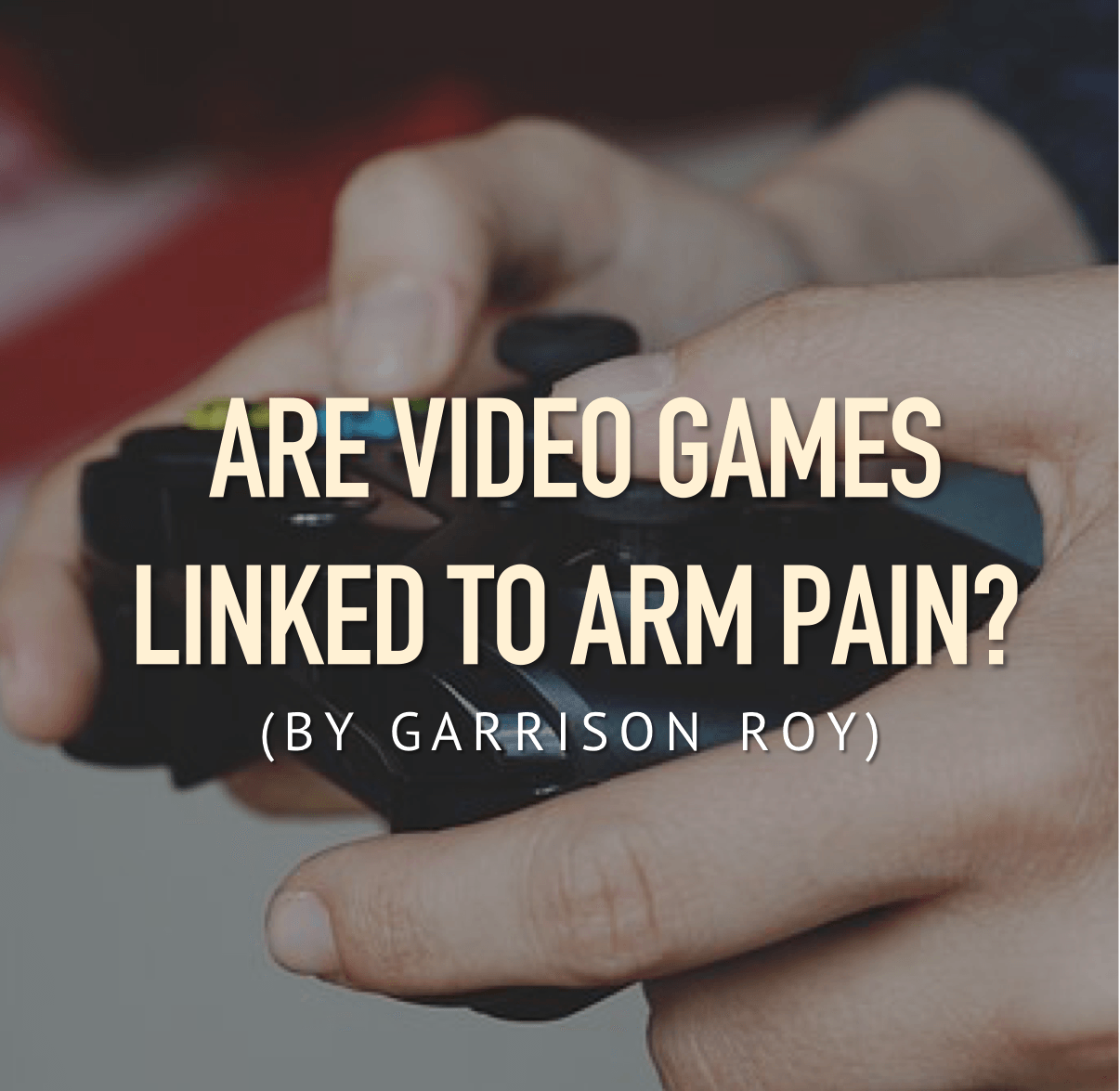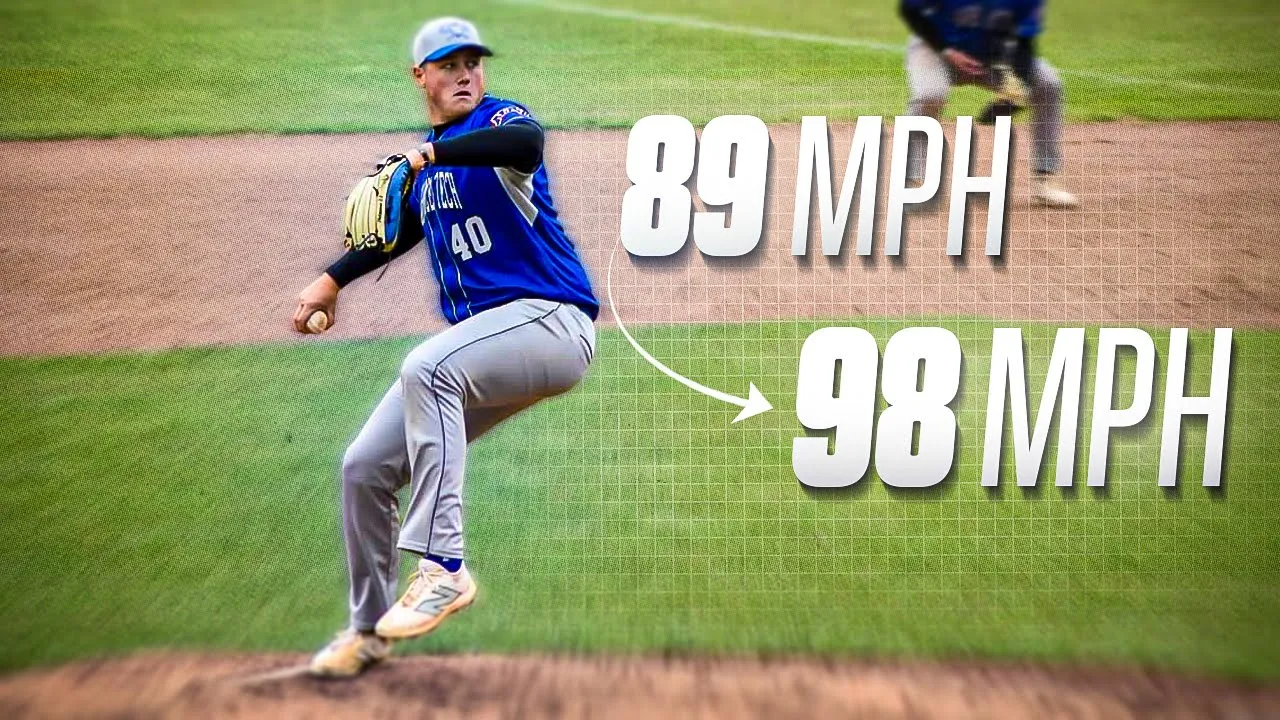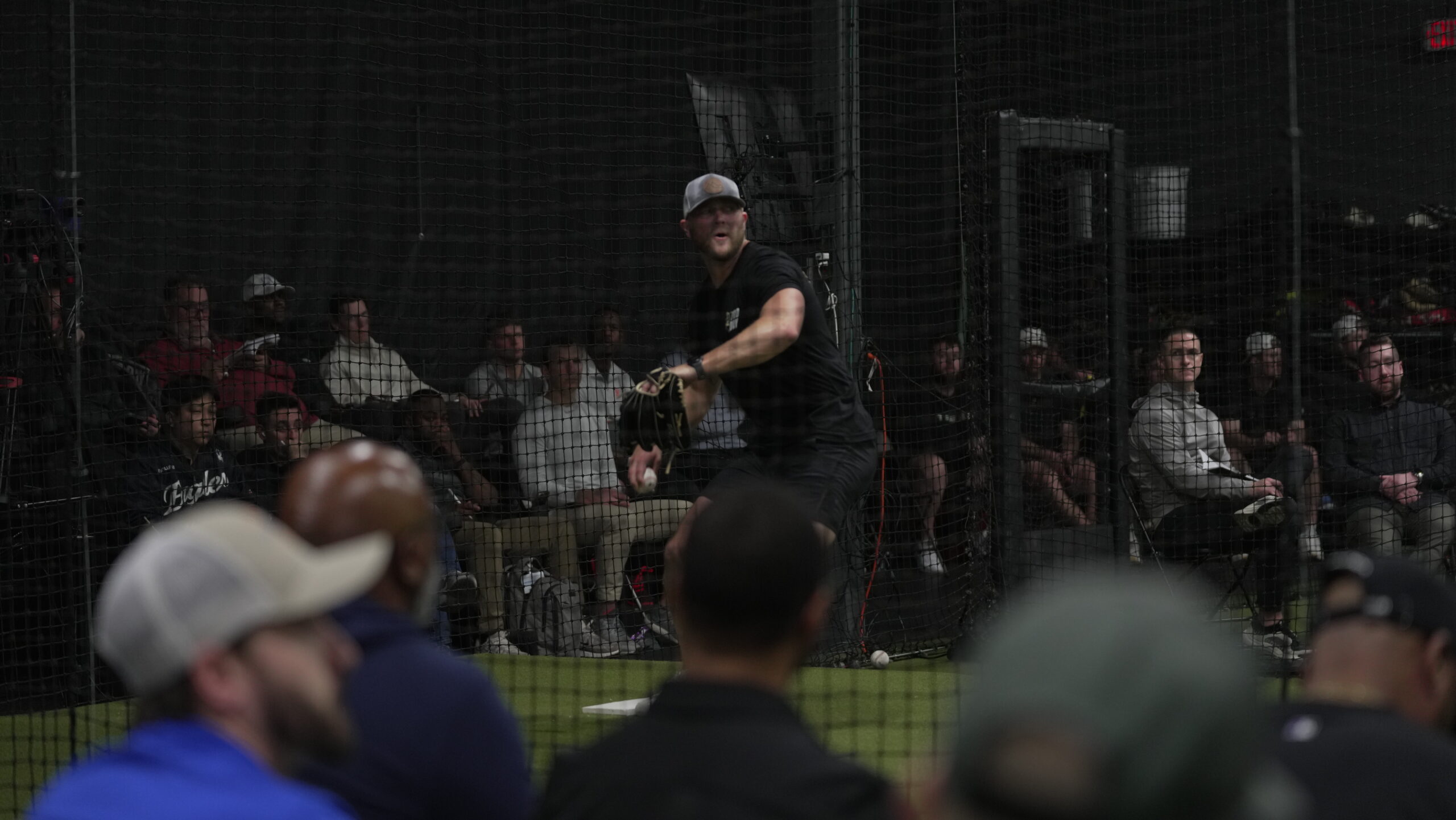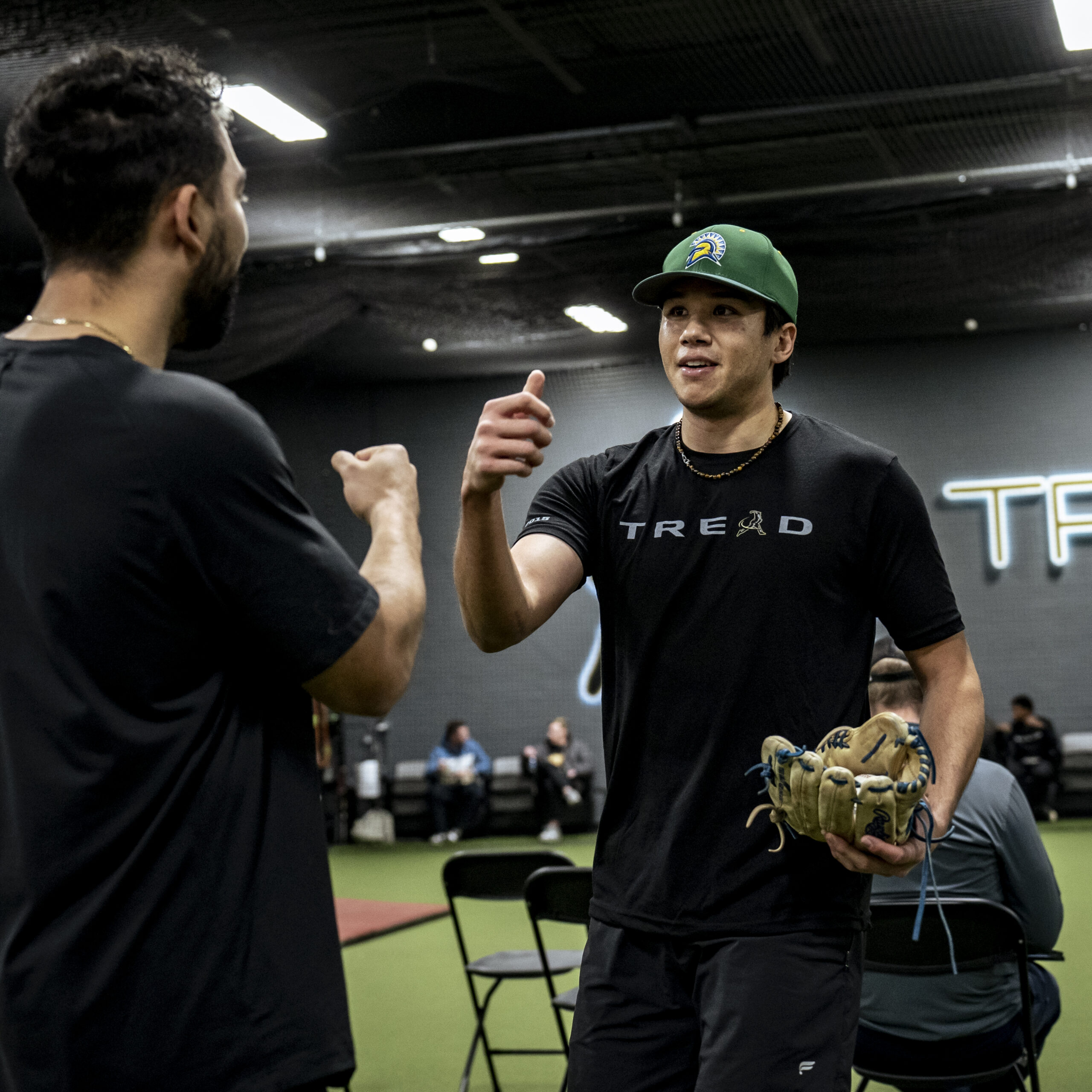by Garrison Roy
Today’s article comes to you from Garrison Roy. Currently, Roy is a pitching coach for the Limestone College Saints. Having experience as a player (Southeastern Community College and Winston-Salem State University) and also time as an instructor (spending one year as a pitching instructor and strength and conditioning coach at the Florida Baseball Ranch), Roy brings great insight as he’s had the opportunity to work with athletes ranging from little leaguers to professional players. He can be reached by his twitter or through his website. This article was originally published on his blog and can be viewed there as well.)
Are video games linked to arm pain? At least one new study has suggested that they are.
I recently tweeted about this particular study that was posted in the Journal of Shoulder and Elbow Surgery (JSES). Link to the abstract of this study HERE.

The authors concluded that
“Playing video games for ≥3 hours/day was associated with elbow or shoulder pain among elite young male baseball players.”
Some have taken this research to an extreme degree and interpreted it as saying that playing video games will lead to arm pain, but in my opinion, to say that video games CAUSE arm pain is a far stretch.
When looking at research, it’s important to note that there is a difference between correlation/association and causation. When researchers find a correlation, which can also be called an association, what they are saying is that they found a relationship between two or more variables. For example, if the number of sales of sunscreen goes up so do the sales in sunglasses.
Causation is a step further than that and also referred to as cause and effect. In the example above, the cause of the sales of sunscreen and sunglasses increasing is actually the weather or temperature rise.
So to revisit the study released on video games, do video games CAUSE the elbow and shoulder pain? Unlikely. Is it associated? YES. The sedentary lifestyle, the hunched back posture, the potential for forearm/flexor fatigue and an increased probability of sleep deprivation in combination are all factors that may explain the increase in arm pain.
To their credit the study mentioned above did mention in their conclusion:
These findings highlight the effect of lifestyle on elbow and shoulder pain and should be taken into consideration by players, coaches, parents and clinicians.
I couldn’t agree more. Your lifestyle plays a huge factor in your performance. It’s deeper than what you do in practice or in an hour training session.
A hypothesis would be that the longer time spent playing video games adversely affects the amount of time moving and staying active. Which means, in the case of training and refining skill, less time improving your game! In addition to that, the poor kyphotic posture and potential for forearm flexor fatigue could be an influence in the shoulder and elbow pain (we already know from research that pitching through fatigue has a massive association with risk of arm injury).

To the Parents: No need to take this to the extreme and ground your kids from video games. Just monitoring their time and minimizing binge playing and sleep deprivation would be a step in the right direction.
To the Players: I get it. You’re gonna keep playing. You might even binge on a rainy day where you can’t do much outside. It’s a way to virtually hang out with your buddies.
But what if you could optimize the time in-between games to offset the effects of complete sedentary behavior?
Every time you die in a game try one of these:
To offset the decrease in hip extension and range of motion from prolonged sitting:
To get the shoulders and upper back moving to escape the slumped, rounded posture from prolonged sitting:
Make it fun! You could even make it a competition between your friends (i.e. Number of deaths you have = amount of push-ups)
In conclusion, video games probably won’t directly give you arm pain, but be careful to not fall into the common lifestyle traps of those who do play video games daily. Further investigation might be needed…
Keep Moving!
– Coach G
Athletes or coaches interested in remote one-on-one or team programming? Reach out via this application form.




